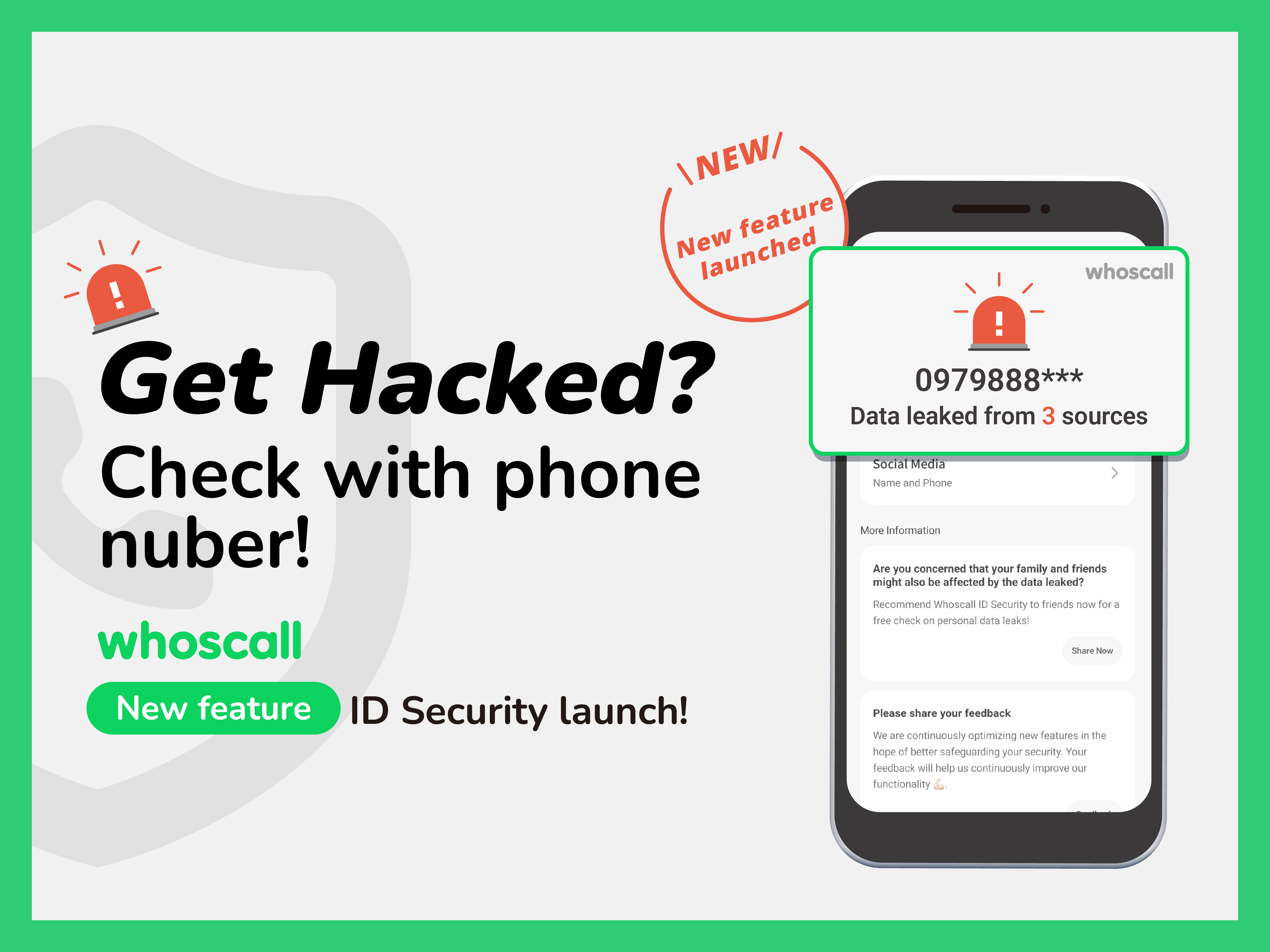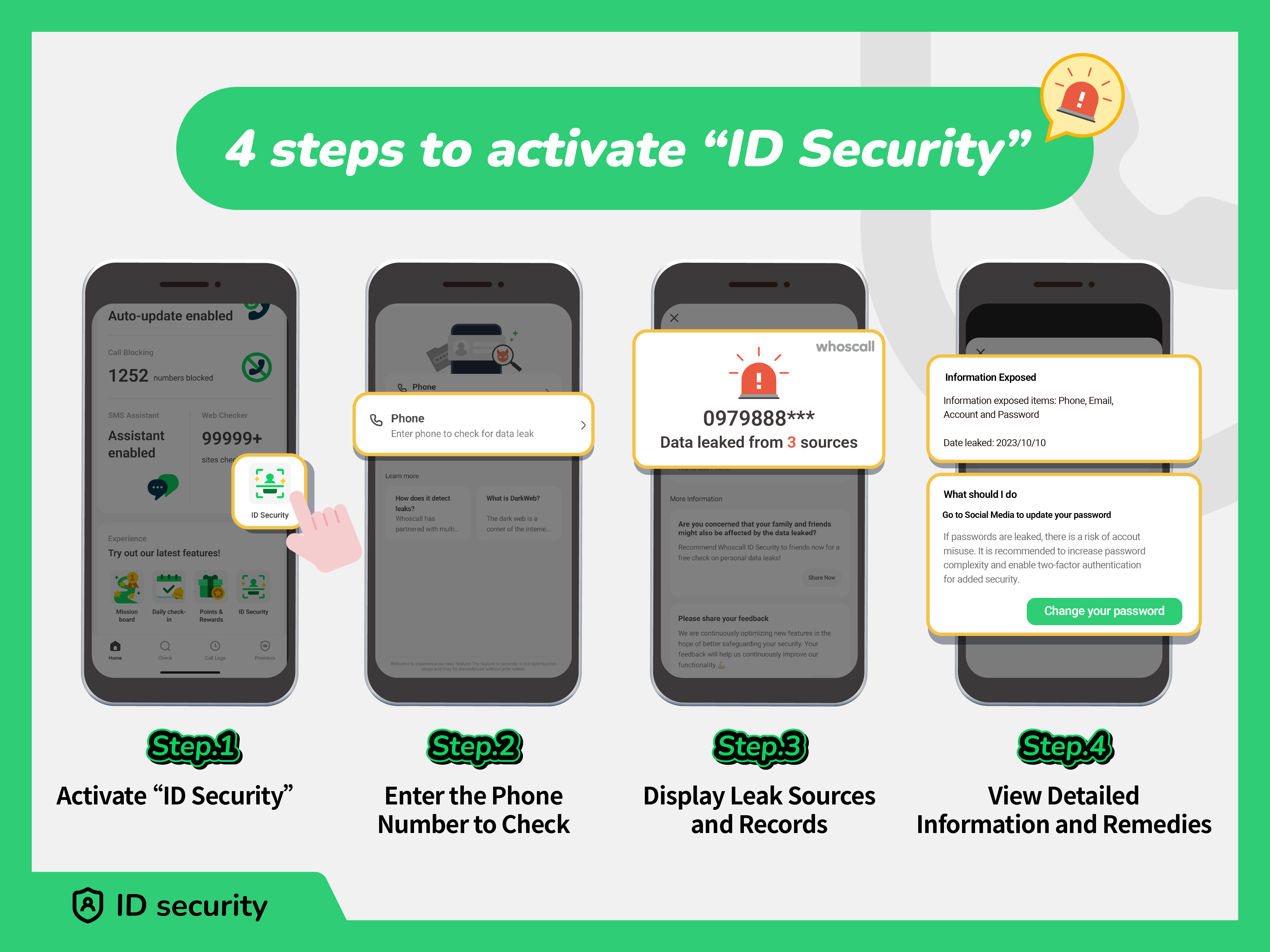
Corporate personal data breaches are happening frequently.
This isn't the first major cybersecurity incident.One of the country's largest mobile and internet service providers, AT&T, experienced a massive user data leak incident in March this year. According to the BBC, personal data belonging to 73 million current or former AT&T customers has been leaked online. Information such as addresses, social security numbers, and passcodes was published on the dark web.
In the digital age, both individuals and businesses tend to store data online. Schools and companies digitize records of students and employees. Additionally, we're accustomed to joining various services as members, providing our contact information and preferences to enjoy benefits such as birthday discounts or personalized recommendations.
However, organizations with vast databases have become prime targets for hackers. With a successful attack, hackers can obtain millions of records in one go.
But... Will you be one of the millions affected as well?
What happens when personal data leaks?
Have you ever considered the consequences of personal data leaks? When your personal information, including your name, phone number, address, ID, bank details, account passwords, and even your shopping records from a store, are exposed, it could pose various risks:
Accounts get hacked: When a set of your account passwords leaks, it's not just one account that's at risk but potentially all accounts that share the same credentials. Many people reuse the same password across multiple accounts, and hackers are well aware of this. For instance, if a hacker gains access to your login details on a shopping platform, they might attempt to access your Facebook, LINE, Instagram, and other accounts using the same credentials.
Financial Theft: If your bank account details are exposed, hackers may gain access to your funds and steal your money.
Identity Theft: Hackers armed with your ID and personal information can create electronic wallets, open bank accounts, or assume social identities in your name. This not only damages your credit but could also result in legal repercussions if the account is used for illicit activities.
Corporate Vulnerability: Leaked data pertaining to a company's internal operations could expose trade secrets. Hackers may leverage your corporate email or identity to launch further attacks on your employer, resulting in substantial financial losses and tarnishing the company's reputation.
Scams: Scammers often utilize leaked information to orchestrate elaborate scams. They might use this data to verify your identity and make you believe they are from government agencies, law enforcement, or customer service representatives, deceiving you into revealing more sensitive information or even transferring money.
Whoscall's New Feature: ID Security!
Curious if your personal information has been leaked? Concerned about how much of your data is being sold on the dark web?
Whoscall presents its newest feature, "ID Security," allowing you to check with just a phone call!
Simply enter your phone number,and Whoscall will search for any websites with records linked to your number, including names, addresses, accounts, passwords, phone numbers, and emails. It will then alert you so you can take the necessary steps to prevent any potential crises.
First, Install and Update Whoscall app
Make sure you have the latest version of the Whoscall app to access the " ID Security ".
If you haven't installed Whoscall yet, you can do so here.
⚠️ Note: " ID Security " is only available for iOS 16 / Android 8 and higher. Please check your phone's operating system version.

Step 1: Activate "ID Security"
For iOS users: Open the Whoscall app and tap "ID Security" on the main page.
For Android users: Open the Whoscall app, navigate to the side menu, select "Protection," and then tap "ID Security."
Step 2: Enter the Phone Number to Check
Next, enter the phone number you want to check for leaks, and we will send a verification code via SMS.
Whoscall will help you check if there are any leaked records associated with this phone number on websites, including accounts, passwords, and emails.
You can check both domestic and international phone numbers; just ensure you input the correct country code.
Step 3: Display Leak Sources and Records
After the comparison, if any relevant leak records are found, they will be displayed on the results page. You'll see the types of websites from which these data leaks originated, such as social media platforms, booking websites, or the dark web.
It will also show you what information associated with this phone number has been leaked on these websites.
Step 4: View Detailed Information and Remedies
⚠️ Note: Whoscall only uses your phone number to detect if your personal data has been leaked and won't collect or utilize your personal information!
How to Prevent Personal Data Leaks
Besides taking immediate action to remedy the situation once you discover your personal data has been leaked, it's even better to prevent it from happening in the first place. Here are some tips to reduce the risk of personal data leaks:
Avoid oversharing on social networks.
Don't browse suspicious websites or click on unknown links. You can use Whoscall to check the safety of URLs beforehand.
Avoid downloading suspicious apps.
Regularly update your passwords.
Ensure all your devices are updated to the latest software versions.
Install antivirus software.
👉 Update/Download Whoscall now:
Let Whoscall be your ally. Install Whoscall to block nuisance calls and enhance personal security:
☑️ Caller ID: The first line of defense against phone scams! Know the caller's identity before deciding to answer, and easily avoid falling for the tricks of scammers.
☑️ ID Security: Stay informed about the safety of your personal information, and receive early warnings and reinforced defenses before scams strike!
☑️SMS Assistant: After upgrading to Whoscall Premium, Whoscall automatically categorizes your messages, filtering out high-risk texts for your peace of mind!
☑️URL Scanner: With a single click, easily determine the safety of unknown links in text messages, searches, or group chats. Receive risk assessments for worry-free browsing.

